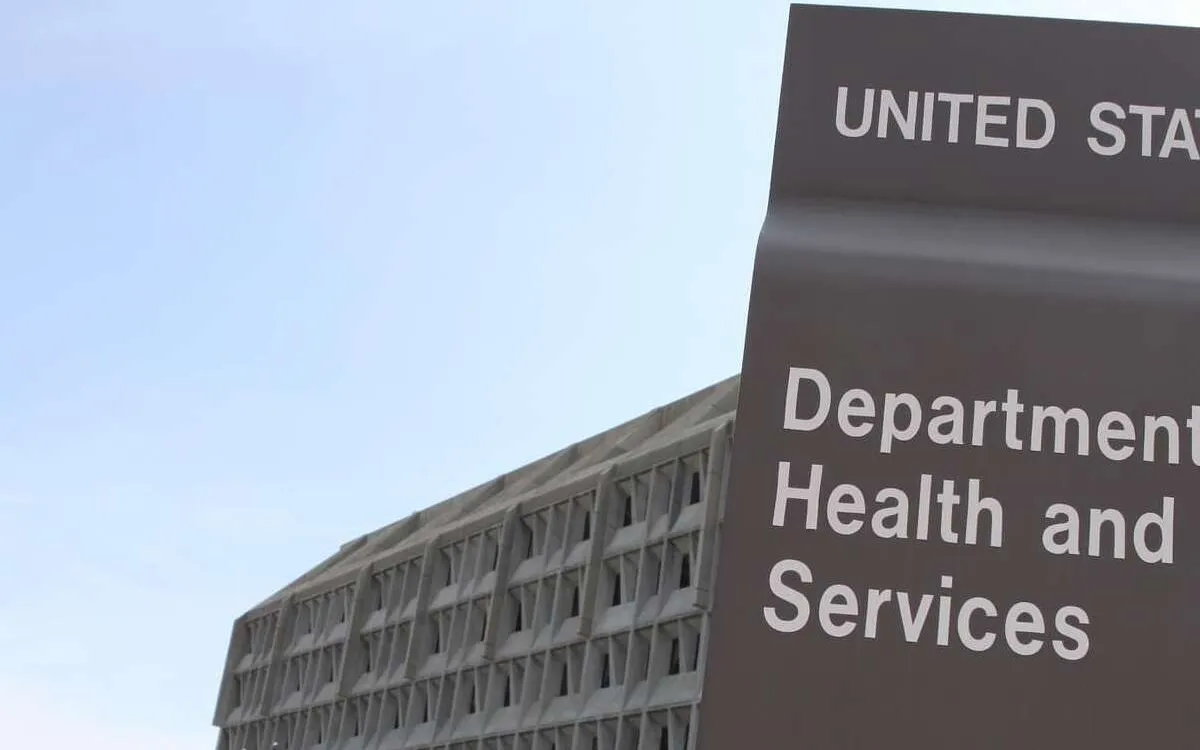
Employees of the Department of Health and Human Services (HHS) who opted for the voluntary incentive to leave the agency are expressing dissatisfaction with the terms they have received. Initially, HHS, as part of a broader government initiative to reduce staffing levels, offered its employees the Voluntary Early Retirement Authority (VERA) and Voluntary Separation Incentive Payments (VSIP) with potential benefits of up to $25,000 earlier this month.
According to HHS, approximately 10,000 employees accepted the early retirement and voluntary separation offers, a move encouraged by the previous administration under President Donald Trump. Recently, the department announced plans to further cut its workforce by another 10,000 jobs through nonvoluntary layoffs, aiming to downsize to a total of 62,000 employees. This news comes amid the union's notification to bargaining unit employees that Reduction in Force (RIF) notices could be issued as early as Friday.
The layoffs will primarily target employees in areas such as human resources, IT, procurement, and finance, especially those located in high-cost regions and in programmatic areas identified as redundant. HHS has informed employees that those who accept the VSIP by the March 14 deadline would be placed on a paid administrative leave status, allowing them to receive full pay and benefits for eight weeks after approval.
Despite these assurances, many HHS employees who accepted the voluntary incentive are still on duty and are uncertain about when they will transition to administrative leave. One employee shared their experience, stating, “I supposedly can get administrative leave, but I have to be off the books by May 9. Nobody I know is getting eight weeks of administrative leave — no one.”
The frustration among employees is compounded by the lack of clear communication from human resources departments across HHS. Many employees have reported that HR representatives are overwhelmed with the volume of applications and are unable to answer questions regarding the VERA/VSIP processes. “They even admitted in training, ‘We’re not going to be able to answer your questions. We’re working until 10 p.m. every night,’” one employee recounted.
HHS had provided employees a mere 10 business days to accept the VERA offer and only five business days for the VSIP. Reports indicate that HHS extended these offers to over 80,000 employees. In an email sent on March 10, HHS assured employees that those who accepted the VSIP would indeed be placed on administrative leave for eight weeks following approval. However, employees have expressed skepticism regarding these claims.
Federal employees under the Civil Service Retirement System (CSRS) and the Federal Employees Retirement System (FERS) are eligible for voluntary early retirement if they are at least 50 years old with a minimum of 20 years of service, or any age with at least 25 years of service. HHS has set a deadline of 5 p.m. March 14 for employees to accept these retirement and separation offers, with no extensions granted.
Another HHS employee who accepted the VSIP expressed her concerns, noting that she has been told to separate from the agency by April 19 but is still required to report to work. “It’s in the employee’s best interest to transition their duties swiftly so they may take advantage of their administrative leave,” she indicated. Yet, she highlighted the lack of a transition plan or approval for her status change.
HHS has instructed employees to return all government property, including credit cards and Personal Identity Verification (PIV) cards, and to settle any debts with the agency prior to being placed on administrative leave. Once on administrative leave, employees will not be required to report for duty and may seek outside employment.
Frustration continues to mount among employees who feel misled by HHS’s communication regarding the voluntary incentive programs. One employee remarked, “HHS had us make decisions based on those emails, and now they’re taking that money away from us.” The rapid pace of these changes raises concerns about the value placed on employees and the efficiency of the workforce reduction process.
For more updates on this developing story, Federal News Network has reached out to HHS for further comment.